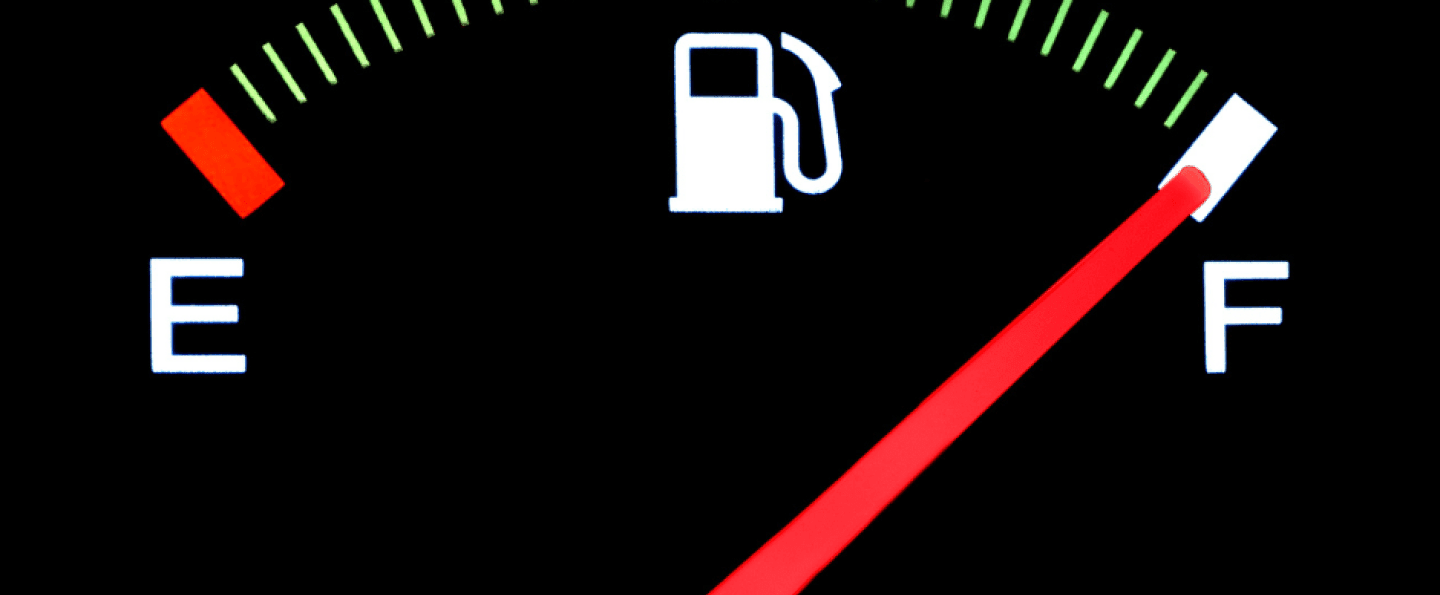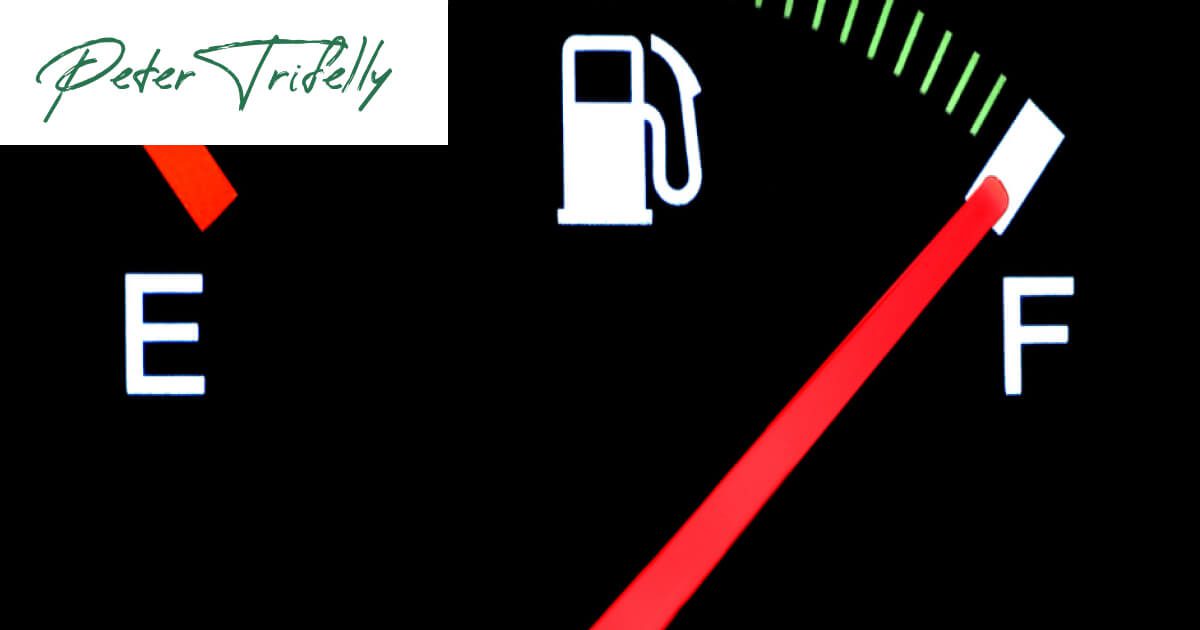Whatever stage your business is at, Peter’s got a program just right for you.

What sort of economy do you get out of your business?
Confused? If I asked, what sort of economy do you get out of your car you’d probably know what I’m talking about…so many litres per 100km, right.
So, what do I mean when I ask what sort of economy do you get out of your business?
Let me put something to you. In the same way, your car is a machine that requires inputs (principally fuel) to produce an output (distance travelled) your business is a machine that requires multiple inputs (materials, labour, electricity, and so on) to produce an output (customer sales). Your fuel consumption readings on the dash of your car is the report that tells you the economy of your car. Your business’s Profit & Loss Statement is the report that tells you about the economy of your business.
If your car’s fuel economy started to deteriorate (increased fuel consumption) you might go looking for an explanation. Is it due for a service, are the tyre pressures right, have I changed something on the car (fitted a roof rack), or is it overloaded? Once found, you would make some decision about what to do. Get the car serviced, correct the tyre pressures, remove the roof-rack or reduce the loading. Comparing your current fuel consumption report to what you had established as normal i.e. your benchmark, highlighted a shift and caused you to look for an explanation, which when found, armed you with information to seek a solution and make a decision.
What this highlights, is that in order for you to identify a change, you need to make a comparison. In this case, between your current fuel consumption and what had been established as the benchmark fuel consumption of your vehicle. Without the ability to “compare”, a single fuel consumption reading lacks meaning.
So, by thinking of your Profit and Loss Statement as your business’s Economy Report and comparing your current report to previous ones and your established benchmark (A budget), changes in the consumption of resources and outputs generated can be highlighted, equipping you with better information to find solutions and make decisions. Do more of that ….because that difference was good. Let’s stop doing that because that difference is not good.
In the same way that fuel consumption has been standardised to litres/100 km to make comparisons more meaningful, you can standardise your Profit & Loss Statement by calculating each expense line and totals as a percentage of revenue. When you do this, you are simply expressing your costs as a dollar cost per $100 of sales making the comparisons to previous results more meaningful.
But all this comes with a warning. Your Profit & Loss Statement must be accurately and consistently prepared for percentage benchmarking to work. Accrual accounting principles must be used. Cash Accounting will provide misleading information. Now if you are not clear about “accrual accounting principles” don’t roll your eyes and switch off and think that sounds too confusing, because it’s not. It’s a technical-sounding word describing a simple principle. Accrual accounting aims to, as much as practical, match the revenue produced with costs incurred in producing that revenue. Take for example the fuel consumption analogy again. If you travelled 20km in total on the day that you happened to fill your car with 80L of fuel, would you calculate your fuel consumption as 80l/20km? That’s a whopping 400L /100km. Of course, you wouldn’t because it ignores the fact that you’ve still got the best part of a full tank of fuel that will last another 800km. Recognising that there’s a “timing difference” between filling your car with fuel and the use of that fuel and taking that into account in the calculation of your fuel consumption is an application of the accrual accounting principle. If you can get your head around that you are well on your way to understanding accrual accounting.
A final word. Many business owners I talk to avoid thinking too hard about their numbers. For many, the only number that means anything is the bank balance and this is the only KPI they use to measure the performance of their business. Whilst the bank balance is important, it alone falls well short of what financial fundamentals you need to understand to control your business and make good decisions. If you keep telling yourself you can build a successful business without learning, understanding, and paying attention to your numbers my message to you is blunt- YOU ARE DELUSIONAL. Now I am not saying you need to become an accountant. What I simply mean is to invest some time in learning the basic principles. There are so many free online resources and books that there really is no excuse and in doing so you will substantially de-risk your business, produce better financial information, and as a result identify more opportunities to advance your business forward. It’s not that hard and you’ll be surprised at how quickly you can learn this stuff if you only just start.
“Lasting success in business is just not possible without an intimate relationship with the numbers of your business.”

